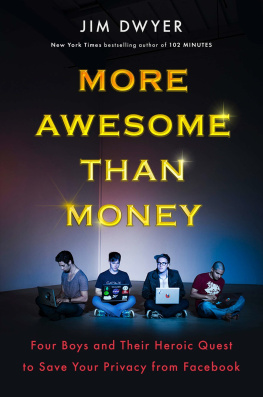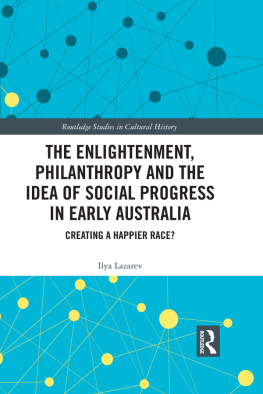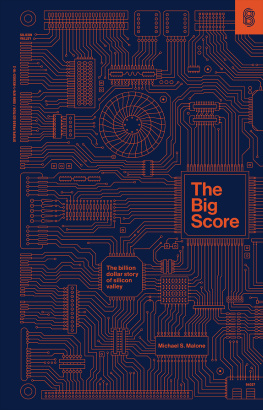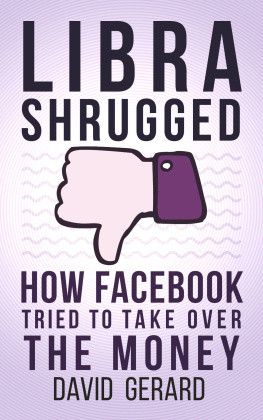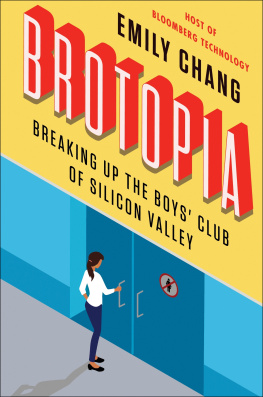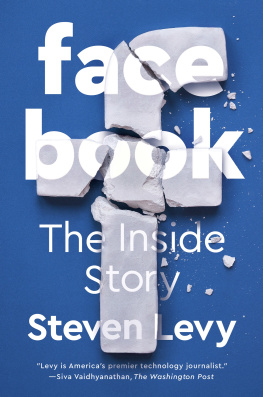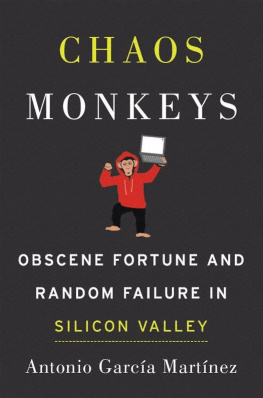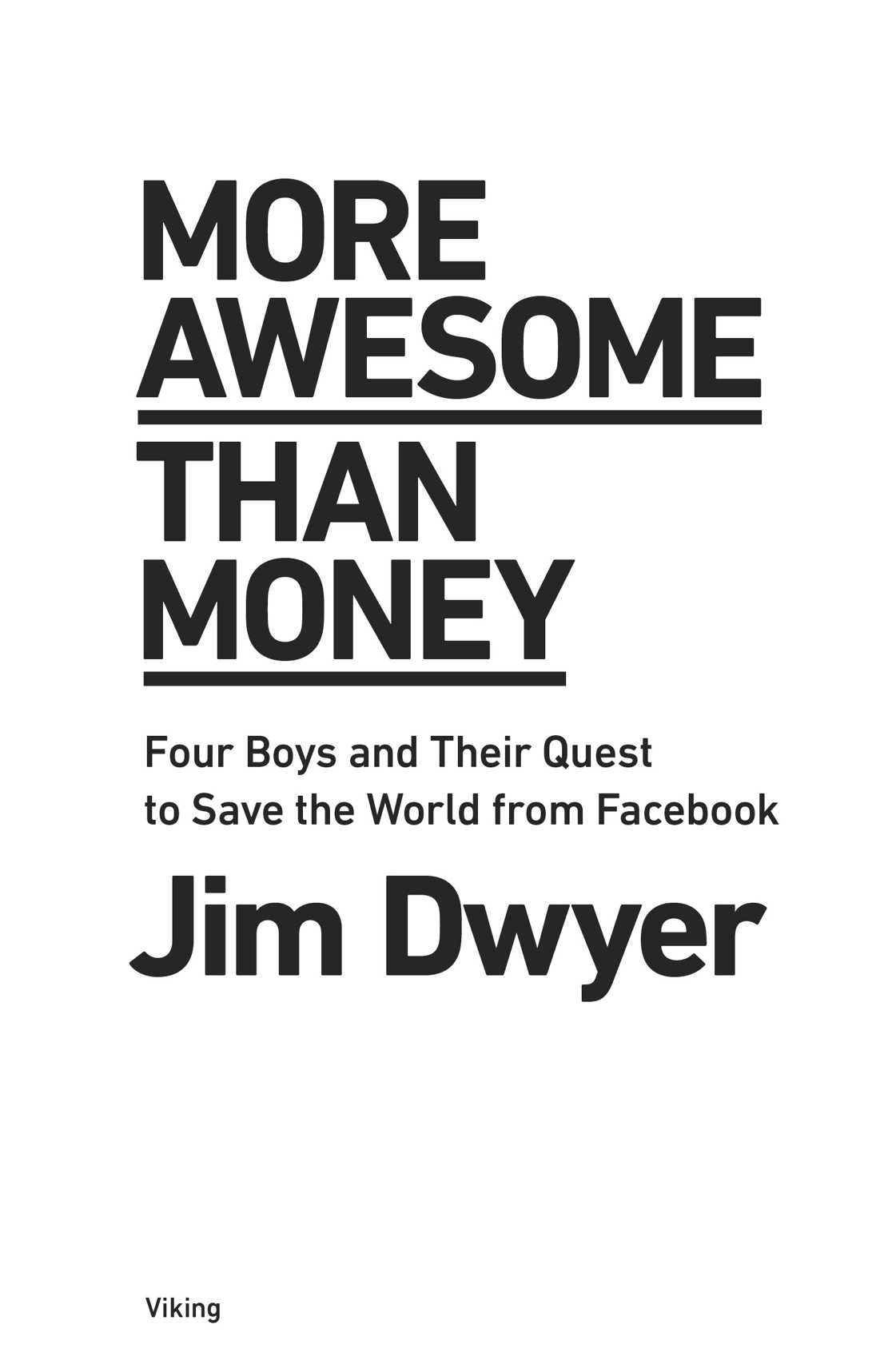ALSO BY JIM DWYER
False Conviction
102 Minutes (with Kevin Flynn)
Actual Innocence (with Peter Neufeld and Barry Scheck)
Two Seconds Under the World (with David Kocieniewski, Dee Murphy, and Peg Tyre)
Subway Lives
VIKING
Published by the Penguin Group
Penguin Group (USA) LLC
375 Hudson Street
New York, New York 10014

USA | Canada | UK | Ireland | Australia | New Zealand | India | South Africa | China
penguin.com
A Penguin Random House Company
First published by Viking Penguin, a member of Penguin Group (USA) LLC, 2014
Copyright 2014 by Jim Dwyer
Penguin supports copyright. Copyright fuels creativity, encourages diverse voices, promotes free speech, and creates a vibrant culture. Thank you for buying an authorized edition of this book and for complying with copyright laws by not reproducing, scanning, or distributing any part of it in any form without permission. You are supporting writers and allowing Penguin to continue to publish books for every reader.
Excerpts from an About New York column published in The New York Times are reprinted on with the permission of The New York Times.
Support for research on this book was provided by the Society of Professional Journalists through the Eugene G. Pulliam Fellowship.
LIBRARY OF CONGRESS CATALOGING-IN-PUBLICATION DATA
Dwyer, Jim, 1957
More awesome than money : four boys and their heroic quest to save your privacy from Facebook / Jim Dwyer.
pages cm
Includes bibliographical references and index.
ISBN 978-0-698-17630-0
1. Diaspora (Project) 2. Internet industryUnited States. 3. Online social networksUnited States. 4. Privacy, Right ofUnited States. 5. New business enterprisesUnited States. 6. Business failuresUnited States. I. Title.
HD9696.8.U54D533 2014
384.3'8dc23 2014004511
Version_1
For Maura & Catherine
Blessed am I, amongst women.
Theres something deeper than making money off stuff.
Being a part of creating stuff for the universe is awesome.
ILYA ZHITOMIRSKIY
INTRODUCTION
I f his laptop had been a mirror, the face staring back at Dan Grippi would have been some blend of boy and wild man. Nature had given him full, pouty, rebel-without-a-cause lips, and a jewelry shop in the East Village had given him a piercing in the bottom one a few days after he started college. He fastened a ring in the hole. His father was not thrilled.
Long and lean to begin with, Dan grew sideburns that ran down below each ear, sketch-strokes of whiskers that further drew his angular face to a point. He gave himself another inch of height by heaping his black hair in a pile, occasionally pinning it to the air with a generous, retro slathering of gel. On his ring finger he wore what appeared to be a cyanide capsule. Most of his arms rippled from short-sleeved white T-shirts. With the Elvis hair, the Springsteen sideburns, and the scary jewelry, Dan Grippi turned out for the world looking like a hybrid greaser-punk.
Except that he was neither. He smiled easily and warmly, spoke softly, but thought twice or three times before uttering a syllable. On the cross-country team, he logged miles in silence. His digital graphic artwork won awards for him while he was a teenager. A portfolio of that work had gotten him into college, overcoming indifferent grades at his high school in the Long Island suburbs of New York. His striking looks got him work as a model, and his mastery of the blend and stitch of music beats scored him gigs as a DJ. The menacing-looking cyanide ring was really a spare piece salvaged from a build-it-yourself printer he had helped assemble. He was a nerd with muscles.
On a February night in 2010, he stared at a page on Facebook, the soul-sorting social network machine. It was time for him to get out. He had joined in 2005, when he was sixteen. Facebook had started circling the globe a year earlier, college by college, working its way to high school students. It became the gyroscope of a generation, a tool for high-speed social navigation. Long after Dans high school classmates had scattered to colleges all over the map, their friendship had a digital pulse on Facebook. At New York University in Greenwich Village, Dan would check out the Facebook listings of people who caught his eye in a class or at a party. He could see who they knew in common, sniff their electronic pheromones. By now, in his final months of college, he was so hooked on Facebook that even when he was entertaining guests in his apartment, he would often sit with a computer in his lap so he could keep track of what people were up to elsewhere. That was sick, he knew. But that wasnt the worst of it.
After a week of fiddling with the settings, clicking and unchecking boxes, disabling certain notifications, he kept coming to the same end point. It was hopeless. While he might be able to regulate some settings on his own account, he had no control over what his friends did with the applications that they ran on theirs. They could, for instance, permit a game to contact everyone in their address books, giving access to everything Dan had shared with friends to these third parties. Facebook was everywhere: go to a music website, and there would be a Facebook like button, meaning that it could follow him there. It knew what he read and knew what he listened to and knew what he watched. This was not just an extension of the high-octane party scene that defined his weekends. He could barely think a thought without giving some hint to the machinery that was recording it all. The site had grafted onto his personality.
Enough, he decided.
Using a piece of software, he scraped all the information and pictures he had posted on Facebook. That got him a copy of everything.
One last time, he checked updates from friends. Then he found his way to the account settings. Buried several layers down was the box he was looking for.
Delete account.
Was he sure? the software asked.
Dan clicked his affirmation.
Okay, then. The account would be deactivated but not actually deleted for two more weeks. Any activity by him during that timelogging in, checking on friends, the least flicker of digital lifewould be interpreted by Facebook as a sign that he had changed his mind and didnt really want to shut it down. That was all boilerplate delivered to anyone who declared an intention to leave the flock.
The next message from Facebook was tailored for Daniel Grippi. Your friends are going to miss you, it said.
Dan had about four hundred friends on Facebook, a number of them people he had never spoken with in the flesh, or, for that matter, online. Someone who knew someone would send a friend request. Hed say yes. And that would be the end of it. No loss.
But there were others: real buds from high school, people he cared about in college, family members. Authentic friends. Their pictures were the ones appearing on the screen. It was a simple matter for the Facebook servers to figure out whose profile he had checked out, with whom he had exchanged messages, even people who were in the same picture.
Facebook kept records of what he cared about. Knowing who and what Dan Grippi wanted in his lifeknowing more than Dan himself consciously knewwas Facebooks business. It sold that knowledge.

